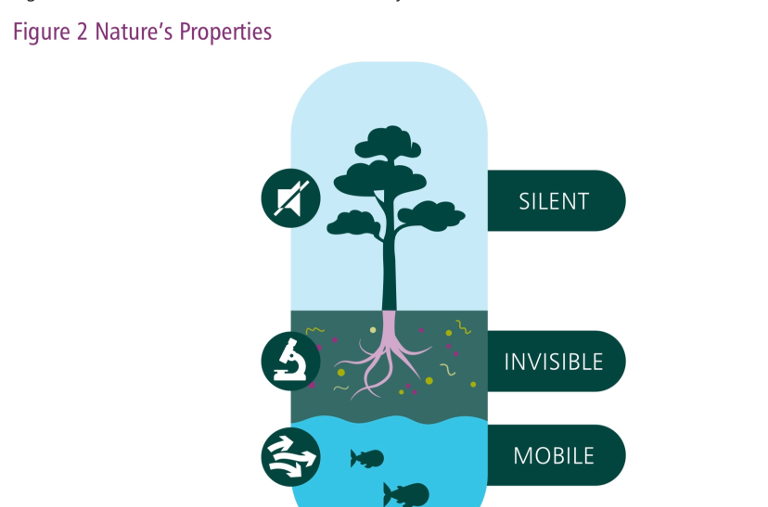It came as a bit of a shock to open a government news release that reads more like an editorial in the Ecologist, but I think it’s an indication of the speed at which the landscape is changing here. The news release was about the Dasgupta review into the economics of biodiversity, which was published last week. Its author, Partha Dasgupta, is a vastly respected Indian-British economist based at Cambridge University.
Future generations
The Dasgupta review is a big moment, partly because it was commissioned by the Treasury, usually the bulwark of conventional thinking within Whitehall, and supported by quite a big Treasury team. And partly because, unlike the catcalling that greeted the Stern Review in 2006, the criticisms are not coming from the economic mainstream, but from an ecological perspective. His emphasis on future generations as much as present generations is also striking.
It’s a massive report—600 pages—and I’m not going to pretend that I have read it all. Fortunately it comes with successively more compact versions: a 100-page “abridged” monograph and a short ‘headline messages’ document. (Both pdfs.) There’s also a concise summary here.
Institutional failure
You get a pretty good idea of the story he tells by simply bullet-pointing some of the headlines in the headline messages:
- “Our unsustainable engagement with Nature is endangering the prosperity of current and future generations.
- “At the heart of the problem lies deep-rooted, widespread institutional failure.
- “The solution starts with understanding and accepting a simple truth: our economies are embedded within Nature, not external to it.
- “(i) Ensure that our demands on Nature do not exceed its supply, and that we increase Nature’s supply relative to its current level.
- “(ii) Change our measures of economic success to guide us on a more sustainable path.
- “(iii) Transform our institutions and systems – in particular our finance and education systems – to enable these changes and sustain them for future generations.
Heading for the mainstream
Three quick observations.
The first is that the report comes with some handy visuals. This one, above, is effectively an agenda for change. Dasgupta’s emphasis on changing the metrics and institutions that are shaping the system reminds me of Donella Meadows’ famous list of “places to intervene in a system”. Dasgupta is aiming towards the top of the list.
Second, this feels like quite a big step in terms of mainstream thinking towards Kate Raworth’s ‘doughnut model’—in which viable economic activity happens within limits set by the biosphere and sustainable social limits. When I talk about speed of change, her dissident view of economics was published only in 2017 as a book—the working paper appeared in 2012.
Third, the obvious critique is that if we talk about “valuing” nature, and frame it as “natural capital” we’re inviting its destruction, as George Monbiot argued. The master’s tools will never dismantle the master’s house. Dasgupta recognises the critique: The Review has developed the economics of biodiversity by viewing Nature in anthropocentric terms, but it has done this to argue the minimum case:
If … Nature should be protected and promoted even when valued solely for its uses to us, we would have even stronger reasons to protect and promote it if we were to acknowledge that it has intrinsic value. Many people, perhaps in all societies, locate the sacred in Nature. (Abridged Version, 80)
And: this may be the first Treasury-commissioned report that quotes the Indian writer Tagore.
A version of this post appeared on my Substack newsletter Just Two Things.





